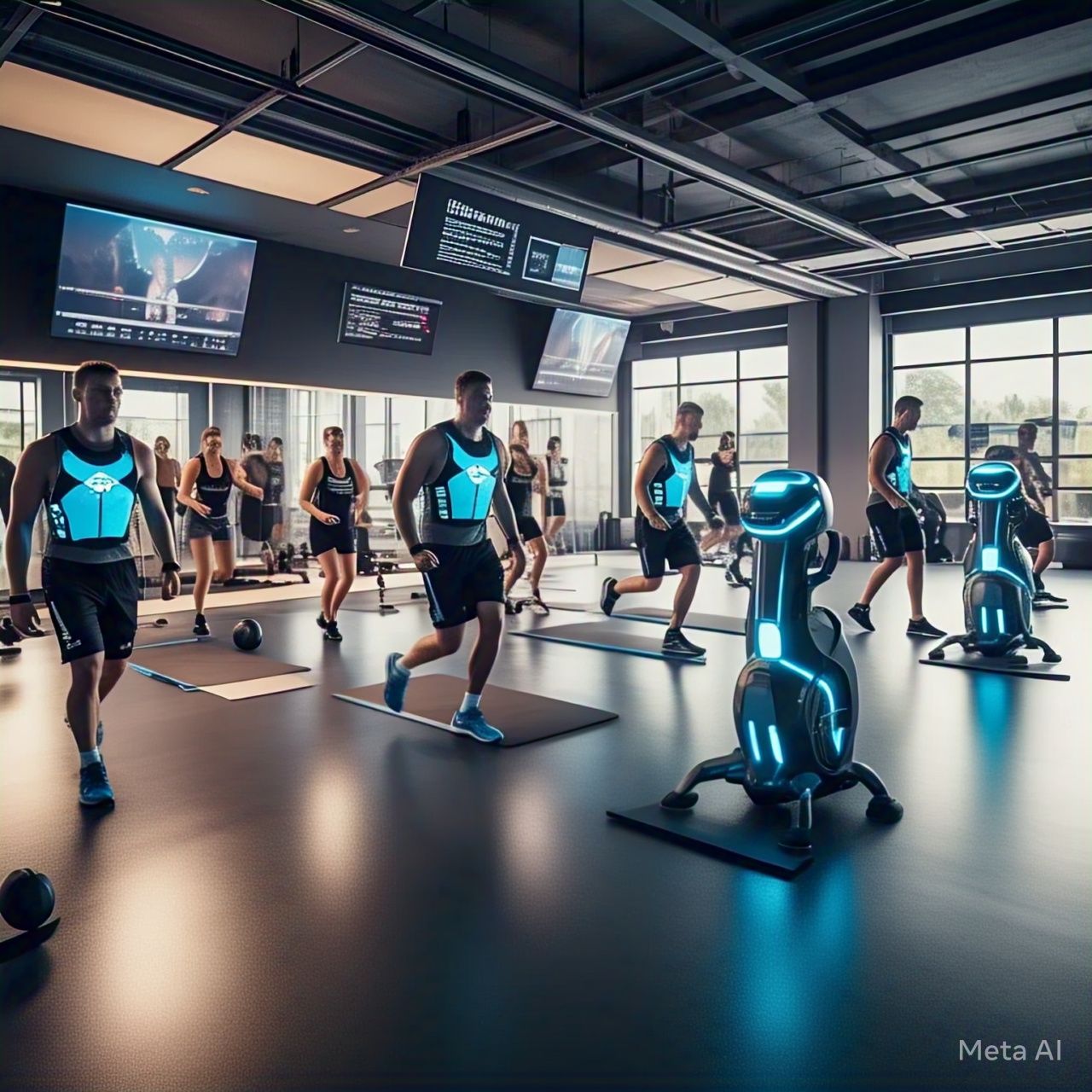Introduction
Artificial Intelligence (AI) is no longer confined to data centers and high-performance computing environments. Thanks to AI-powered mobile chips, smartphones and other portable devices can now make real-time decisions, enhancing user experiences with faster, smarter, and more intuitive functionalities. Whether it’s personalized recommendations, instant translations, or AI-driven photography enhancements, mobile AI is transforming how we interact with technology on the go.
In this article, we’ll explore how AI mobile chips enable real-time decision-making, the technology behind their processing power, and how they are shaping the future of mobile computing.
The Power Behind AI Mobile Chips
AI mobile chips are equipped with Neural Processing Units (NPUs) and Machine Learning (ML) accelerators, which allow smartphones to process complex AI tasks instantly. Unlike traditional processors, AI chips are designed for specialized tasks like image recognition, speech processing, and predictive analytics without relying on cloud computing.
1. Faster and Smarter AI Processing
AI-powered mobile chips enable instant decision-making by processing data directly on the device. This reduces latency and improves responsiveness, making AI applications more efficient. Key areas where real-time AI processing is impactful include:
- Instant voice recognition for virtual assistants like Siri and Google Assistant.
- Real-time image and video enhancements for photography and video calls.
- Predictive text and smart replies for faster communication.
2. AI-Powered Personalization
Real-time AI decision-making allows smartphones to adapt and personalize user experiences dynamically. AI chips analyze user behavior and preferences to:
- Customize app recommendations based on usage patterns.
- Optimize battery life by predicting power consumption.
- Adjust device settings based on real-time environmental conditions.
3. Real-Time AI in Navigation and AR
Navigation apps and Augmented Reality (AR) experiences benefit greatly from AI chips’ real-time processing power. Features include:
- Live AR navigation for turn-by-turn guidance in cities and indoor spaces.
- AI-enhanced object recognition for interactive AR shopping.
- Dynamic traffic predictions based on real-time movement and weather data.
4. AI in Mobile Health and Fitness Tracking
AI-powered mobile chips play a crucial role in real-time health monitoring by:
- Detecting abnormal heart rates and other biometric signals.
- Analyzing sleep patterns for personalized wellness recommendations.
- Improving fitness tracking with AI-driven workout suggestions.
5. Security and Fraud Prevention in Real Time
AI mobile chips enhance security with instant decision-making capabilities, including:
- On-device facial recognition for faster and more secure authentication.
- AI-based fraud detection for mobile payments and transactions.
- Threat detection and malware prevention with continuous AI monitoring.
Leading AI Mobile Chips Powering Real-Time AI
Top mobile chipmakers are integrating advanced AI processing into their latest processors. Some of the most powerful AI mobile chips include:
- Apple A17 Pro & M-Series Chips – Drive AI-powered real-time decision-making in iPhones and iPads.
- Google Tensor G3 – Optimized for AI-driven speech recognition and camera enhancements.
- Qualcomm Snapdragon 8 Gen 3 – Delivers ultra-fast AI processing for gaming and productivity.
- Samsung Exynos AI Chips – Power advanced computational photography and AR applications.
- MediaTek Dimensity Series – Brings high-performance AI capabilities to flagship and mid-range devices.
The Future of AI-Powered Mobile Decision-Making
As AI mobile chips continue to evolve, we can expect:
- More efficient AI models for on-device processing with lower power consumption.
- Smarter voice assistants capable of deeper contextual understanding.
- Advanced real-time translations that make global communication seamless.
- AI-driven proactive security measures to prevent cyber threats before they happen.
Conclusion
AI-powered mobile chips are reshaping real-time decision-making, allowing smartphones to process information instantly, improve user experiences, and provide smarter functionalities without relying on cloud computing. From AI-enhanced photography and security to real-time health tracking and AR applications, the impact of AI on the go is undeniable. As mobile AI technology continues to advance, our smartphones will become even more intelligent, making everyday interactions faster, safer, and more intuitive than ever before.




